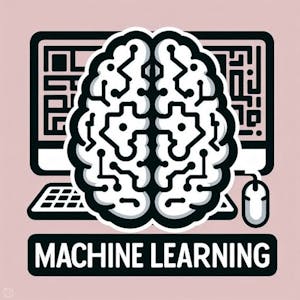Applied Machine Learning
About this Specialization
This specialization is intended for post-graduate students seeking to develop practical machine-learning skills applicable across various domains. Through three comprehensive courses, learners will explore core techniques including supervised learning, ensemble methods, regression analysis, unsupervised learning, and neural networks. The courses emphasize hands-on learning, providing you with the opportunity to apply machine learning to real-world problems like image classification, data feature extraction, and model optimization.\\n\\nYou will dive into advanced topics such as convolutional neural networks (CNNs), reinforcement learning, and apriori analysis, learning to leverage the PyTorch framework for deep learning tasks. By the end of the specialization, you will be well-equipped to handle complex machine learning challenges in fields like computer vision and data processing, making you a valuable asset in industries requiring advanced predictive modeling, AI-driven solutions, and data-driven decision-making. This specialization is designed to build both theoretical knowledge and practical skills to thrive in the ever-evolving tech landscape.Created by: Johns Hopkins University

Related Online Courses
Database management systems are a crucial part of most large-scale industry and open-source systems. This course will introduce you to important concepts of database systems and design. We will... more
In this course, you will learn important language for talking about nutrition, health, sleep, stress, goal-setting, and more. Learning activities in this course will take place on Voxy, an engaging... more
Microsoft Azure provides a comprehensive suite of security tools and services to help you safeguard your organization\'s data and applications. Secure access with Azure Active Directory is the... more
Reactive programming is a set of techniques for implementing scalable, resilient and responsive systems as per the Reactive Manifesto. Such systems are based on asynchronous message-passing, and... more
Course 1 first explores the basics of both macroscopic and microscopic thermodynamics from a postulatory point of view. In this view, the meaning of temperature, thermodynamic pressure and chemical... more








